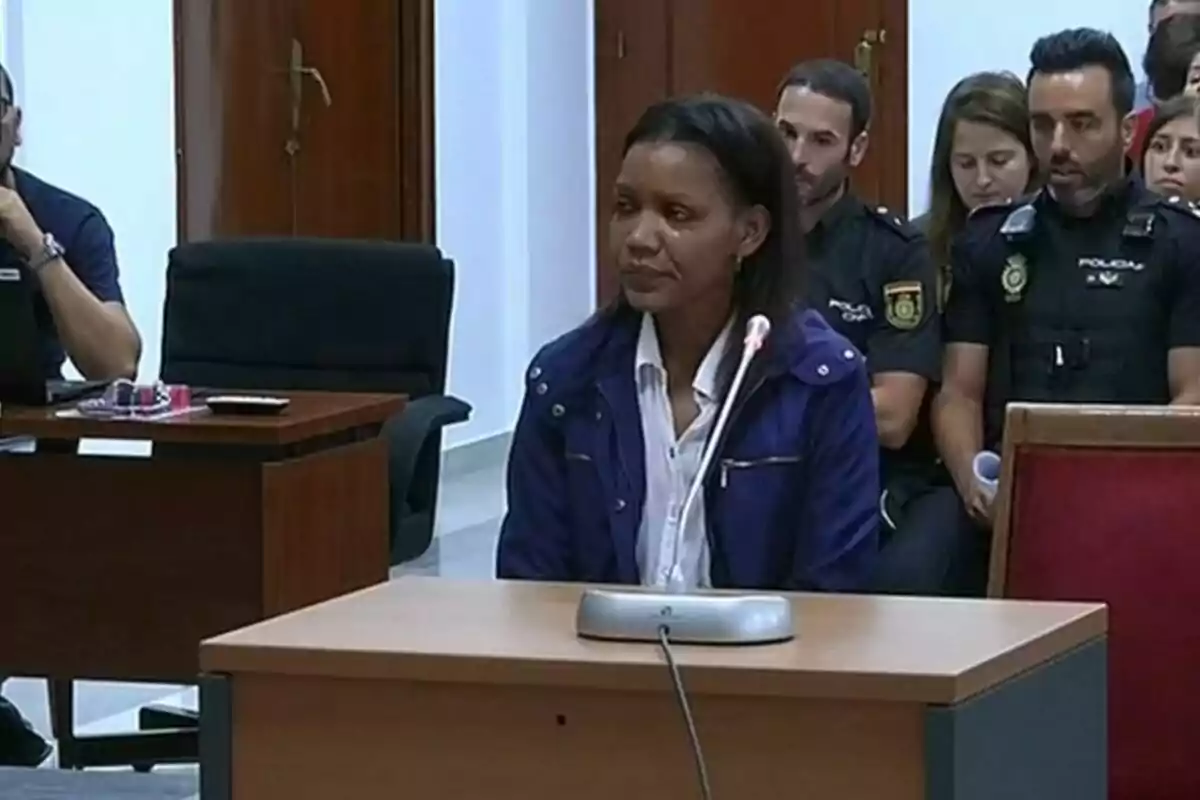A figure already marked by one of the most shocking crimes of the last decade is once again at the center of controversy. The recent statements by Ana Julia Quezada, convicted of the murder of the child Gabriel Cruz, have uncovered a series of alleged irregularities within the prison system that have caused a strong controversy.
Confessions that compromise
In a recent judicial statement, Ana Julia Quezada admitted to having sexual relations with a prison officer and a cook at Brieva prison, where she is serving her sentence. According to her testimony, these relations occurred during the officer's night shifts, and in return, she received gifts like perfumes and chocolates. Additionally, Quezada claimed that at times she couldn't refuse due to the officer's position of authority, even stating: "I couldn't say no to him, because he is an officer."
These revelations have led the Ávila's Investigative Court number 4 to investigate several prison employees for an alleged bribery offense. The investigation began after a public complaint by Patricia Ramírez, Gabriel Cruz's mother, who alerted about possible preferential treatment toward Quezada within the penitentiary center.

Recordings and alleged blackmail
One of the most disturbing aspects of the case is the existence of alleged recordings of the sexual encounters between Quezada and the prison employees. According to reports, these recordings were made with a mobile phone provided to her by the officer and the cook, and Quezada allegedly used it to try to blackmail the prison management to secure her transfer to Barcelona.
The prison director, Laura Pérez, confirmed in a report that Quezada claimed to have a mobile phone with compromising recordings, including images of an officer in her cell. It is also noted that the officer allegedly warned her about searches in her cell to prevent the device from being discovered.
Reactions to her words
Quezada's statements have caused a wave of indignation and concern. The accused officer has categorically denied having sexual relations with Quezada or providing her with a mobile phone, and he has testified before the judge that he had no knowledge of any device in her possession.

Meanwhile, Quezada's lawyer, Esteban Hernández Thiel, has argued that his client was a victim of a power abuse situation, comparing her case to that of women who are blamed for being victims of rape.
Meanwhile, Patricia Ramírez has expressed her sense of abandonment and institutional unprotection, denouncing that Quezada has expressed a desire to kill her and that she has received threats from prison.
Greater control of the prison system
This case highlights the need for a thorough review of the protocols and control mechanisms within the prison system. The possibility that an inmate could have inappropriate relations with center employees, obtain a mobile phone, and use it to blackmail the administration, evidences serious failures in the supervision and security of penitentiary institutions.
Additionally, it underscores the importance of protecting the rights and integrity of victims and their families, ensuring that sentences are served fairly and without undue privileges for the convicted. Society demands transparency, justice, and the strengthening of the institutions responsible for upholding the law and protecting citizens.

